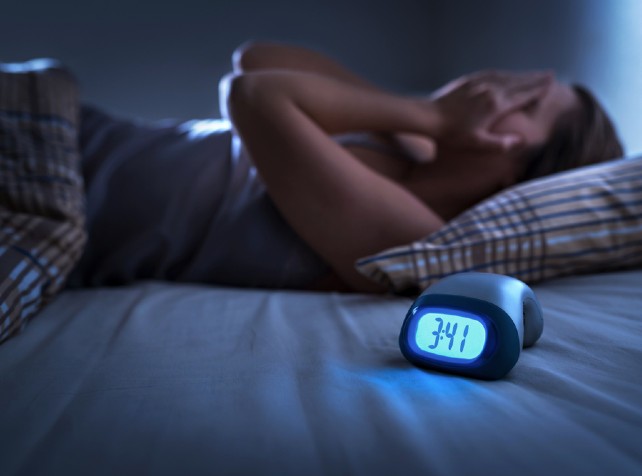Consistently sleeping less than five hours a night could increase the risk of depression, British research suggests.
Poor sleep has been considered a side-effect of mental ill health in the past, but the new study found the link between sleep and mental illness is more complex.
Subscribe for FREE to the HealthTimes magazine
People with a stronger genetic predisposition to short sleep - less than five hours in a given night - were more likely to develop depressive symptoms over four to 12 years, the study led by UCL researchers found.
But those with a greater genetic predisposition to depression were not more likely to have short sleep.
The experts also found the link was not exclusive to those who were genetically inclined towards sleeping for shorter periods, and people who regularly dozed for five hours or less - without the genetic association - were also more likely to have depression.
FEATURED JOBS
Programmed Health Professionals
Programmed Health Professionals
Programmed Health Professionals
"We have this chicken or egg scenario between suboptimal sleep duration and depression, they frequently co-occur, but which comes first is largely unresolved," said lead author Odessa Hamilton.
"Using genetic susceptibility to disease, we determined that sleep likely precedes depressive symptoms, rather than the inverse."
Researchers used genetic and health data from 7146 people recruited by the English Longitudinal Study of Ageing (ELSA), with an average age of 65.
Analysis of genetic and health data suggested that short sleep was associated with the start of depressive symptoms, like feeling sad or lonely.
"Short and long sleep durations, along with depression, are major contributors to (the) public health burden that are highly heritable," said senior author Olesya Ajnakina.
"Polygenic scores, indices of an individual's genetic propensity for a trait, are thought to be key in beginning to understand the nature of sleep duration and depressive symptoms."
When looking at non-genetic associations between depressive symptoms and sleep duration, the researchers also found that people sleeping five hours or less were 2.5 times more likely to develop depressive symptoms.
And people with signs of depression were a third more likely to suffer from short sleep.
The study, published in Nature, Translational Psychiatry, also revealed a link between sleeping long and developing depressive symptoms.
According to the findings, people who slept for more than nine hours were 1.5 times more likely to develop depressive symptoms than those who sleep an average of seven hours.
However, depressive symptoms were not associated with sleeping longer four to 12 years later, which corresponded to the genetic findings.
People enrolled in the study had an average of seven hours' sleep a night.
Sleep duration and depression are both partly inherited from one generation to the next.
Earlier studies have suggested depression is about 35 per cent heritable, and genetic differences account for 40 per cent of the variance in sleep duration.
Lifeline 13 11 14
beyondblue 1300 22 4636












